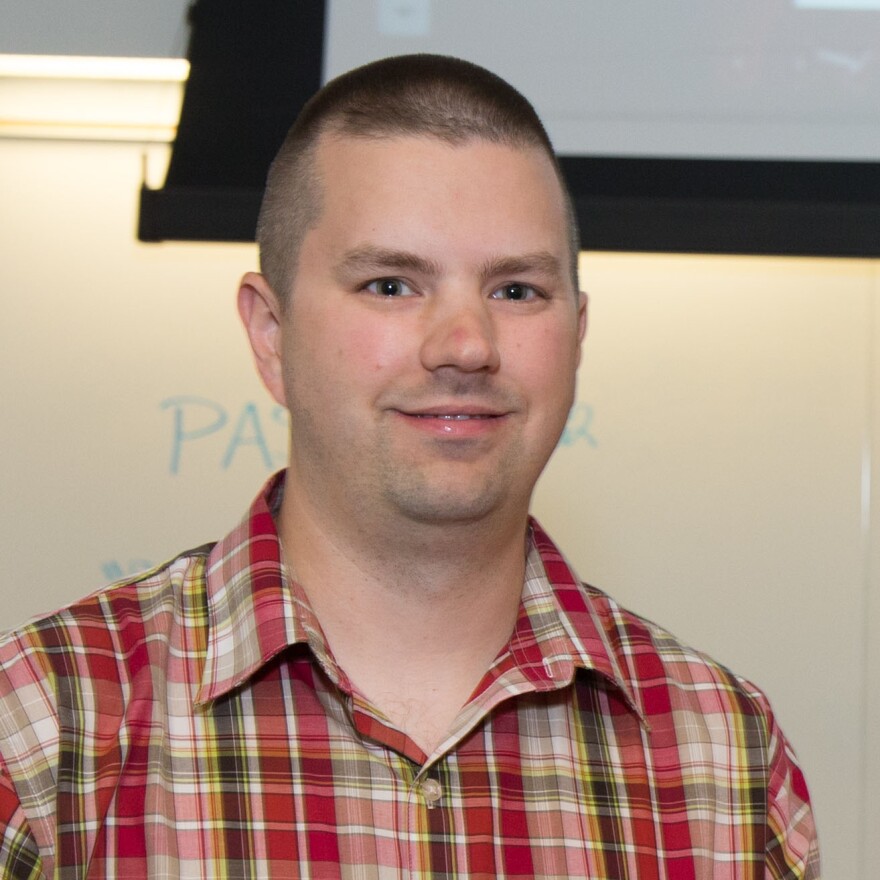Hundreds of volcanoes exist in the United States. Most are considered dormant and haven't erupted for more than 10,000 years. That doesn't mean that they can't or won't.
Dr. Gary Michelfelder, assistant professor in the department of geography, geology and planning at Missouri State University, says that though you may not know it, volcanoes affect our lives every day.
"Large volcanic eruptions in Indonesia put sulfur gasses or ash into the atmosphere that can change the climate," he said. "When we see a large eruption, people tend to forget that it can have global consequences. It can even change agricultural yields, like how much corn is being produced in the Midwest."

Michelfelder is interested in how the Earth's crust formed, as well as how volcanoes played a role in the formation of the oceanic crust. He studies this is by looking at the magma that's below the surface. He also investigates the triggers of volcanic eruptions.
Studying volcanoes and magma is like looking at a snapshot in time, and he hopes his research is helping the greater scientific community gain some insight.
"Even though the volcano may not look like a volcano anymore, it may not be erupting currently, they are active and dangerous environments," Michelfelder said. "It's very important for us to understand different volcanoes in different locations. They are so unique. Every volcano is its own animal, so to speak, and it behaves differently every time it erupts. The volcano that's next to it may behave completely different than that."
Exploring Chilean volcanoes
Michelfelder recently returned from a research trip to Chile and is taking another team of students to Chile in May 2019. The students will map the volcano and look at lava flow patterns.
"We'll also be flying drones around the volcano to get very detailed imagery on the volcanoes, which will be one of the first times this is done in South America," he said. "It's a new emerging field in volcanology that should really be able to give us a better understanding of how these systems behave and evolve. We'll be able to get a lot of data that we cannot get otherwise. A drone can go places that humans can't go. We can send a drone down into the actual crater of the volcano to measure the temperatures and gas contents. That would be a very dangerous thing for a human to go down and do."






